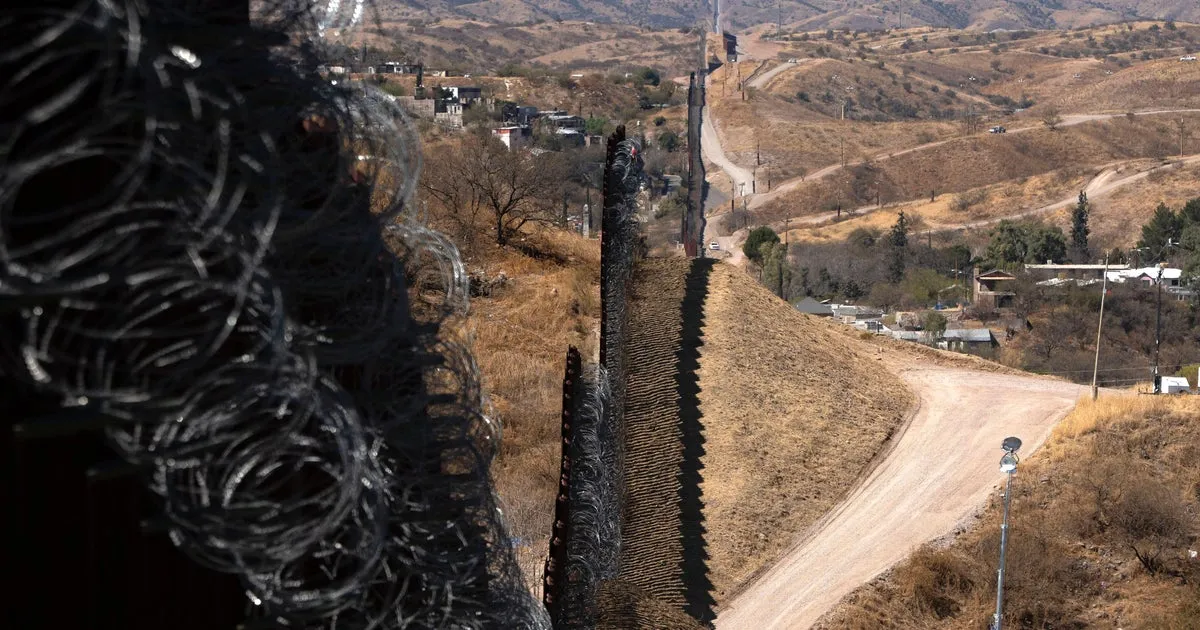
Washington — In a significant move, President Trump has directed the military to focus on targeting drug cartels operating in Latin America. This directive, confirmed by a source familiar with the matter to CBS News, raises questions about the potential timing and scope of any military actions. The initial report of this development was published by The New York Times.
Since resuming his tenure in the White House for a second term, President Trump has intensified efforts to dismantle the drug cartels he claims are responsible for the surge of fentanyl and other illicit drugs entering the United States through the southern border. At the start of his second administration, he signed an executive order instructing the State Department to officially designate these cartels and various transnational gangs as foreign terrorist organizations.
In February, the State Department acted on this order by designating eight gangs, including notorious groups such as MS-13 and Tren de Aragua, as foreign terrorist organizations. Since then, the department has expanded this designation to include two Haitian gangs and the Houthis in Yemen. Furthermore, the Treasury Department has imposed sanctions on the Cartel de los Soles, recognized as the Cartel of the Sun, categorizing it as a Specially Designated Global Terrorist group. This designation highlights the group’s connections to the Venezuelan government, specifically President Nicolás Maduro and other high-ranking officials, who are accused of providing support to foreign terrorist organizations that threaten U.S. peace and security.
In a related move, the U.S. government recently doubled the reward for information leading to Maduro's arrest to $50 million. Venezuelan Foreign Minister Yvan Gil dismissed this reward as "pathetic" and characterized it as crude political propaganda. Meanwhile, House and Senate Democrats have urged the Trump administration to leverage the foreign terrorist designation to disrupt the financial networks of cartels and impose stricter penalties on those providing material support to them.
In May, federal prosecutors unsealed an indictment against a suspected member of a Mexican cartel, accusing him of providing material support to a designated foreign terrorist organization by supplying grenades to the cartel. Secretary of State Marco Rubio emphasized the implications of the foreign terrorist organization designation, stating that it expands the U.S. government's legal authorities to effectively target drug cartels. "It’s no longer a law enforcement issue," Rubio explained, "It becomes a national security issue." This designation empowers the U.S. to deploy various elements of its power, including intelligence agencies and the Department of Defense, to take action against these groups whenever possible.
President Trump has also sought to utilize military resources to advance his immigration agenda. The Defense Department has reported the deployment of over 10,000 service members to the U.S.-Mexico border. Additionally, the Pentagon has established three National Defense Areas in Arizona, New Mexico, and Texas, treating these regions as extensions of military bases. According to U.S. Northern Command, these areas aim to bolster border security operations, further integrating military efforts into national security strategies.